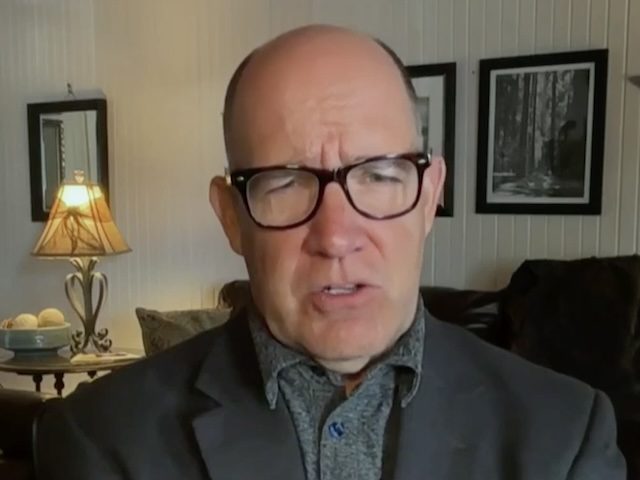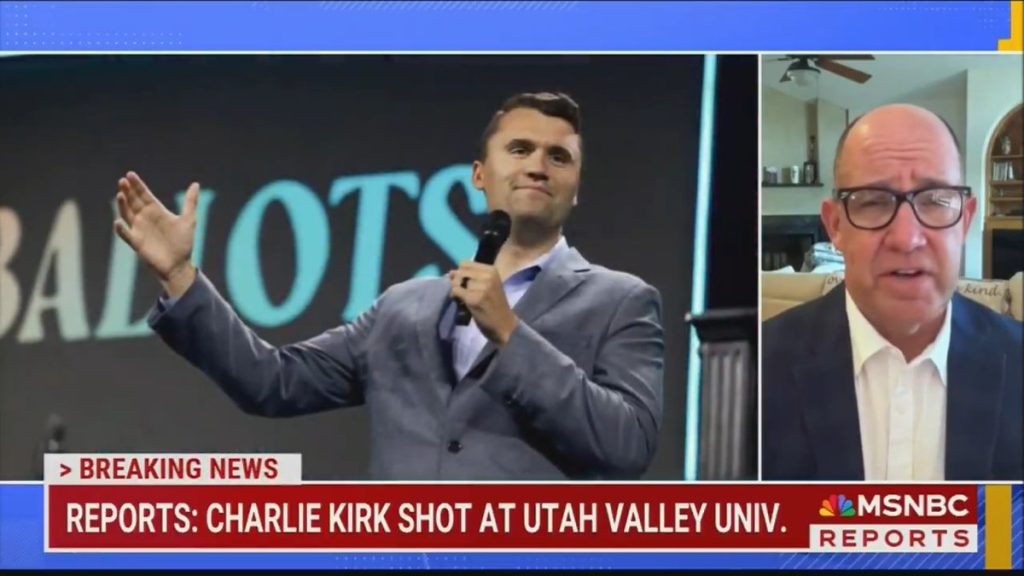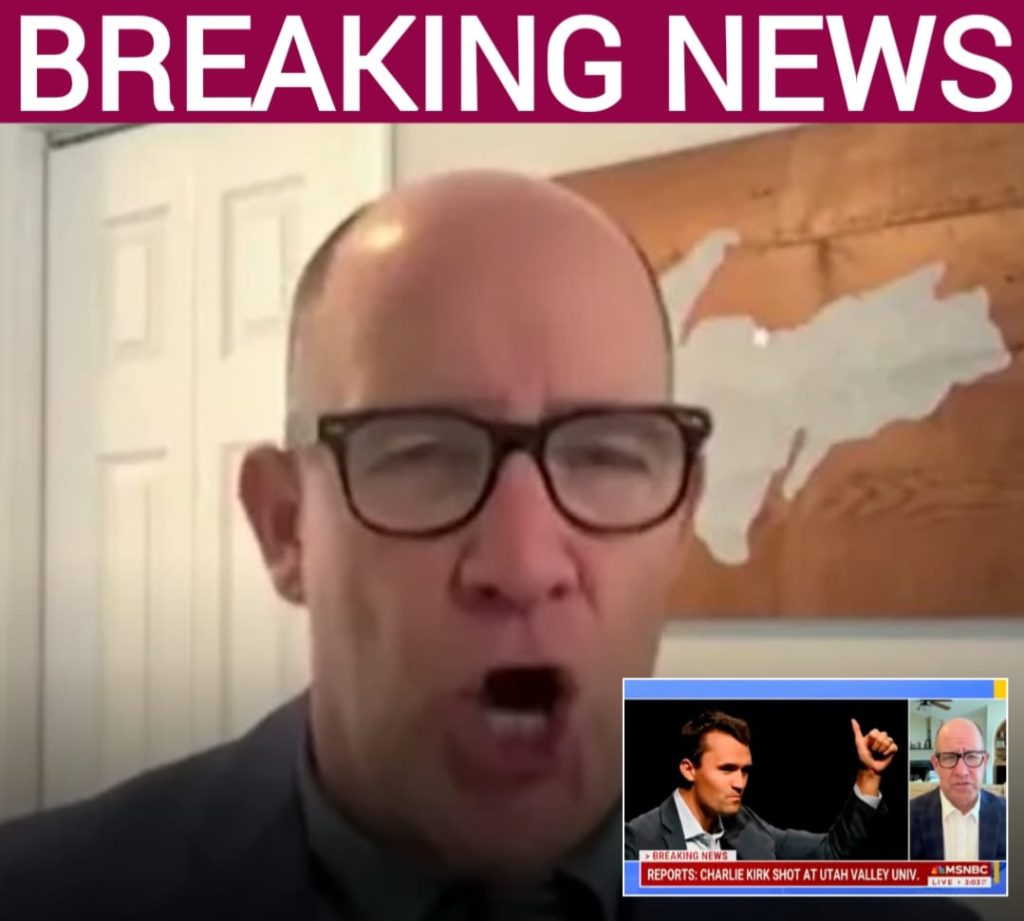Matthew Dowd Fired From MSNBC After Suggesting Charlie Kirk’s Rhetoric Was to Blame for His Own Assassination
The fallout from the tragic shooting of Charlie Kirk at Utah Valley University has taken another unexpected turn, this time inside the studios of MSNBC. Political analyst Matthew Dowd, who was a frequent on-air commentator for the network, has been fired after remarks he made during a live broadcast sparked outrage. While the nation was still processing the shock of Kirk’s death, Dowd suggested that Kirk’s own rhetoric may have played a role in what happened to him. For many, it was a step too far.

On air, Dowd said words that immediately drew anger from viewers: “You can’t stop with these sort of awful thoughts you have… and then not expect awful actions to take place.” In that moment, it seemed as though he was laying part of the blame for the attack at the feet of the victim himself. Within hours, clips of his comments spread online, and the backlash was swift and severe. People across the political spectrum condemned the suggestion, arguing that no matter how much they may have disagreed with Kirk’s politics, trying to tie his words to his assassination was inappropriate and insensitive.
MSNBC acted quickly once the controversy took hold. In a statement, the network described Dowd’s comments as “inappropriate, insensitive, and unacceptable.” They confirmed that he had been removed from his role at the network and would no longer appear as an analyst. Both the network and Dowd himself issued apologies, though they came after the outrage had already gained momentum. For many, the damage was done.
This firing highlights how fragile the line can be between commentary and compassion during moments of national grief. While cable news thrives on heated debates and sharp opinions, there are times when viewers expect sensitivity and restraint. For those mourning Charlie Kirk, hearing his death framed as a consequence of his own words felt like a cruel twist, coming at the worst possible moment. Even those who strongly opposed Kirk’s politics acknowledged that he was a father, a husband, and a man whose life had been violently cut short.

The episode has also sparked a broader conversation about accountability in media. Some praised MSNBC for moving quickly and taking action, saying it showed that networks cannot allow commentary that dehumanizes victims. Others, however, warned that firing Dowd might set a precedent where analysts fear speaking candidly, even when trying to analyze difficult moments. It has raised the question of where the line should be drawn between free speech and responsible journalism.
In the end, the story of Matthew Dowd’s firing will be remembered as a moment when the usual boundaries of partisan debate were pushed too far in the middle of a national tragedy. Charlie Kirk’s death has already left people shaken, and his supporters continue to grieve while praying for peace and healing. For MSNBC, this was a reminder that words spoken in the heat of breaking news matter deeply, and that one sentence can end a career as quickly as it begins a controversy.



